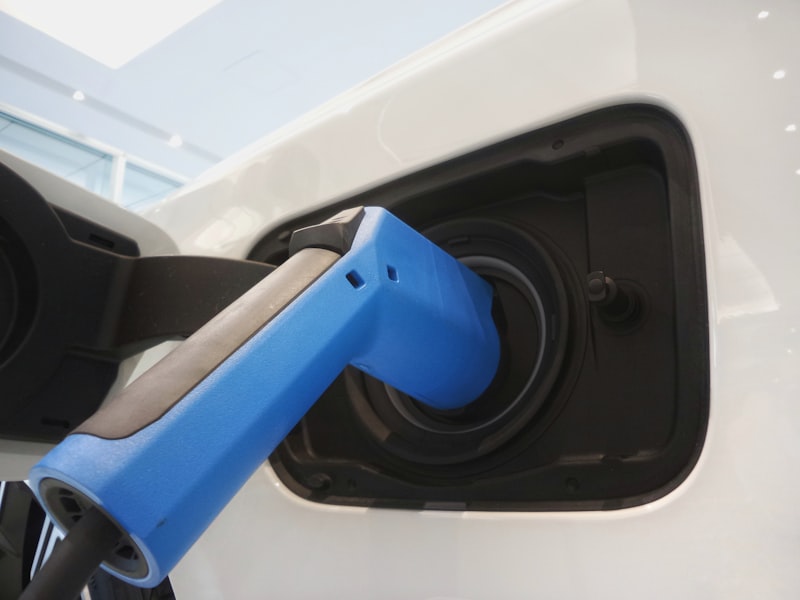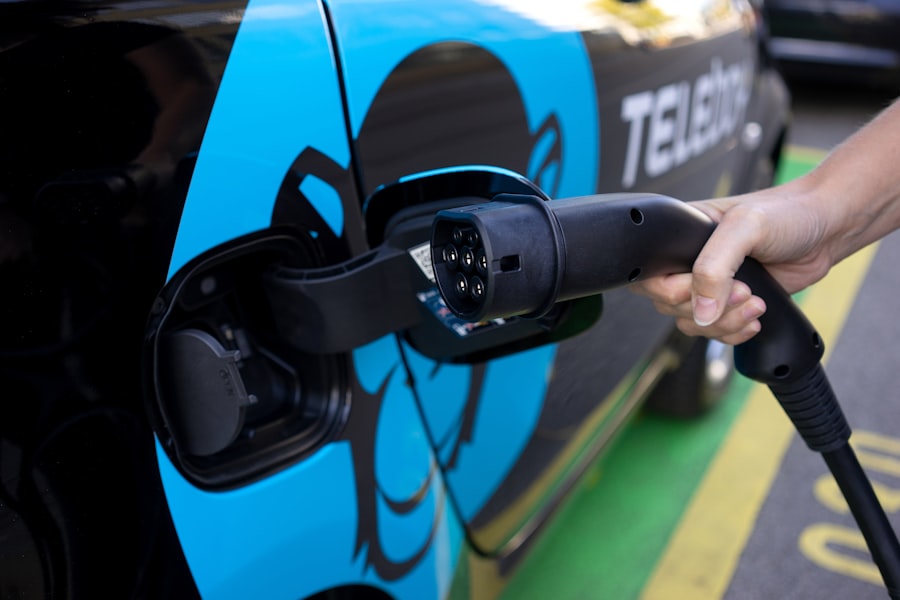
eFarm Project: Promoting Energy Transition in Nordfriesland with Autokraft-Linienbusse
Two Autokraft-Linienbusse are part of the eFarm project, which is a project that promotes energy transition in Nordfriesland. The eFarm project has been funded by the German government and produces around 200 kilograms of green hydrogen per day from wind energy. This is done through electrolysis, with plants located in Bosbüll, Dörpum, Reußenköge and Langenhorn. In addition to this, there are seven mobile storage units for transporting the hydrogen and two hydrogen filling stations in Niebüll and Husum. GP Joule Hydrogen believes that their eFarm project is the largest sustainable hydrogen mobility project in Germany. The current production capacity is 1.1 megawatts, enough to produce 500 kilograms of hydrogen per day. The company plans to expand this capacity further by introducing more buses and lorries on the roads that will use the produced hydrogen as fuel.
Energy Transition and Renewable Energy Sources
The global energy transition is underway as more countries move away from fossil fuels and towards renewable energy sources. This shift is driven by the need to reduce emissions, improve air quality, and create a more sustainable future. Renewable energy sources such as solar, wind, geothermal, and hydropower are becoming increasingly popular due to their clean energy production capabilities. These renewable sources can help reduce our dependence on fossil fuels while also creating jobs in the renewable energy sector. The energy transition will require significant investment in research and development of new technologies that can make these renewable sources more efficient and cost-effective. With continued investment in renewable energy, we can ensure a cleaner, healthier future for generations to come.You might also like this article: Jens Spahn gibt Fehlentscheidung beim Kauf seiner Villa zu. Picture source: Ronnie George



